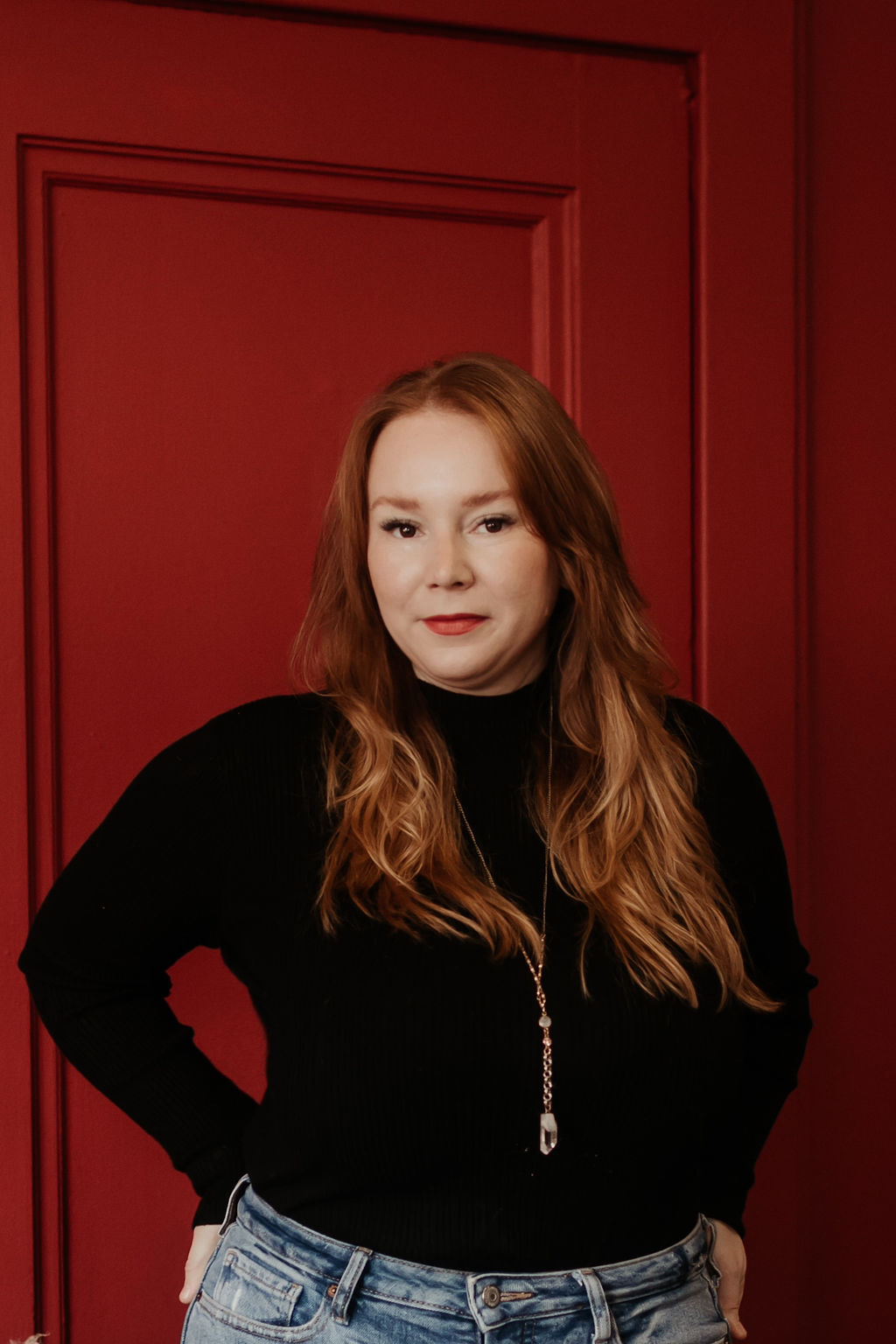Me too. Me too. Me too.
When the first accusation slated against Hollywood Honcho Harvey Weinstein broke news, new stories trickled out like streams of water from hard-rock surfaces. There were more women who suffered at the hands (or misplaced robe) of that POS, and they came forward in hordes. Placated complacency started to erode, and once-stony-silences suddenly became tidal waves of force. Me too. Me too. Me too.
Revelations about other abusers just like Weinstein have women banding together to rebuke their abuses and abusers. Brave women relived their traumas to warn others, to let us know we weren’t alone. Clips of Courtney Love and Rose McGowan revealed they’d been warning others all along, and those in a position of power had dismissed it – all too afraid they’d never work again.
In a bold move of solidarity, we all cried “Me Too.” Some of us named our abusers, others told stories without naming abusers, some people were apologists for both sides, and some suffered triggering flashbacks.
There are just as many reasons to proclaim “Me too” as there are not to.
My personal stories have to do with former employers and families I wish to stay on good terms with. Other stories have to do with total strangers.
For those who didn’t say anything, we knew a stifling Me Too was wavering in there. A story unshared is a story un-owed. Wounds are still healing. For many, call-out culture is triggering.
The rainbow at the end of it all is that the conversation is evolving. The solidarity in numbers is changing the narrative of victimhood. The silence is being broken by the battlecry of feminism, and the patriarchy is the losing team.

Kristi Alexandra is an unabashed wino and wannabe musician. Her talents include drinking an entire bottle of cabernet sauvignon, singing in the bathtub, and falling asleep.




